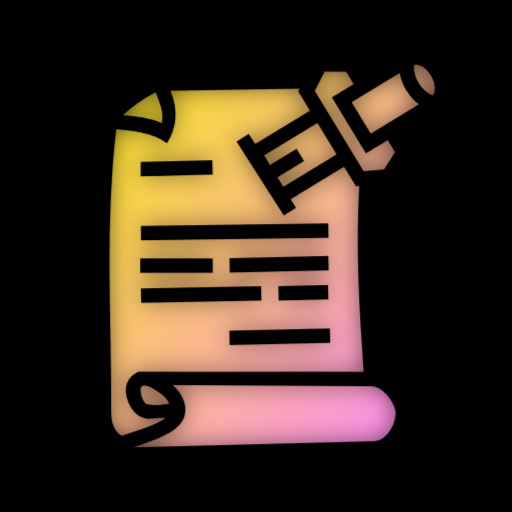

I get that you are insulted by my comment about crypto critics, but a few of your comments have shown that you lack the understanding of crypto to criticize it. Thus, you have validated my comment you found insulting.
I listed a series of bullet points & you said Postgres can do that. Of course you can define those tables in any database. But the logic to perform operations on those tables for a transaction and accounting system must still be written. One of the main aspects of blockchains are exactly such an API.
Second, you have shown that you don’t understand NFTs either. But thank you for at least admitting that you don’t understand what I meant by refs to blobs of data. So there is hope. Almost no crypto currency stores NFTs on-chain. Blockchains are designed to be super efficient since they are distributed transaction systems. When you buy an NFT, the actual data for compromising the NFT itself is stored somewhere else. The blockchain just has the token proving ownership.
But the meta-problem is more important here. You are debating so confidently and asserting things so boldly, yet you don’t have the knowledge of the topic that a 2 hour tutorial would give you. That is the real problem. Why are people like this? Why do they read something that is essential an editorial and then go around vehemently repeating the points from that editorial?






So you’re a developer. Beautiful. That makes it easy then.
Look, you mentioned Postgres. But why use it at all for anything? Because redoing all the features that separate product provides is a giant pain in the ass. Now, what if your needs didn’t quite work with trad-relational DBs? Too much data, reads a million times higher than writes, no need for real-time accuracy. Then you use a specialized db like BigTable.
There are other services you plug into instead of reinvent. You stand up web servers with special features like redirect rules as configuration. You could write your own web service every time you start a new app, but that’s crazy. The need Apache or whatever is filling is a communications management piece.
Ok. Now. You are building a service and you need to build a transaction system for trading of digital assets with fiat currency. You could write your own or you could use a specialized service. NFTs on crypto currency are that prebuilt service. I’m switching metaphors now, but it’s just like picking a Docker provider.